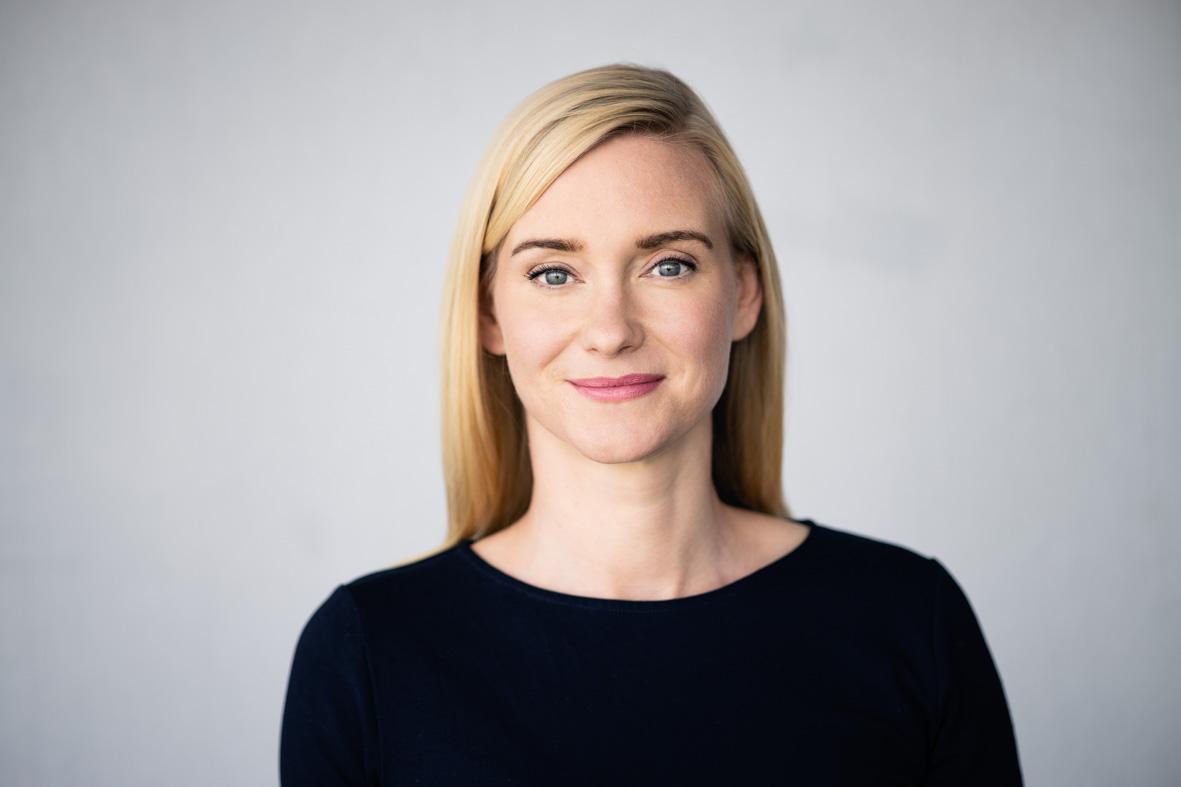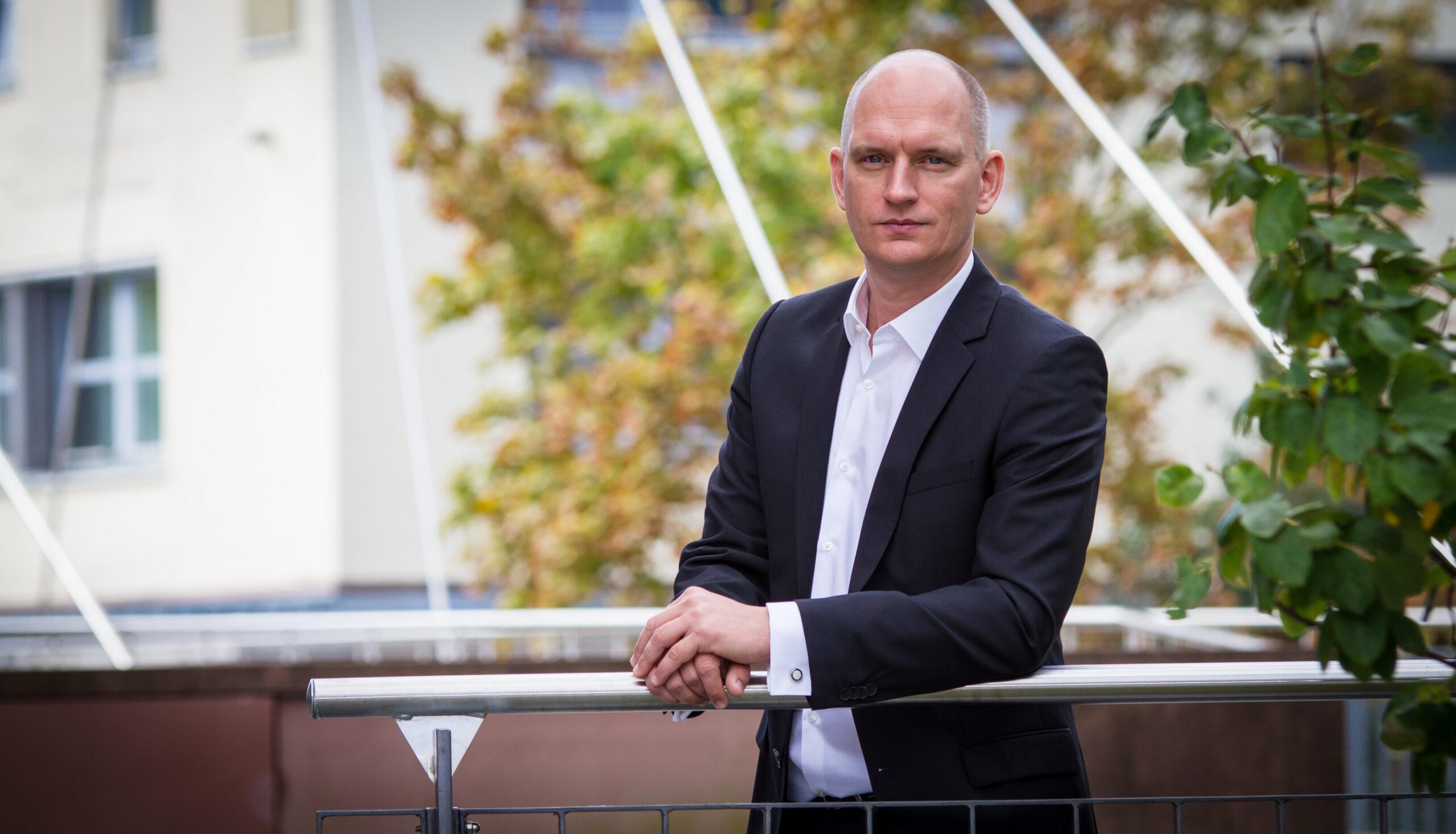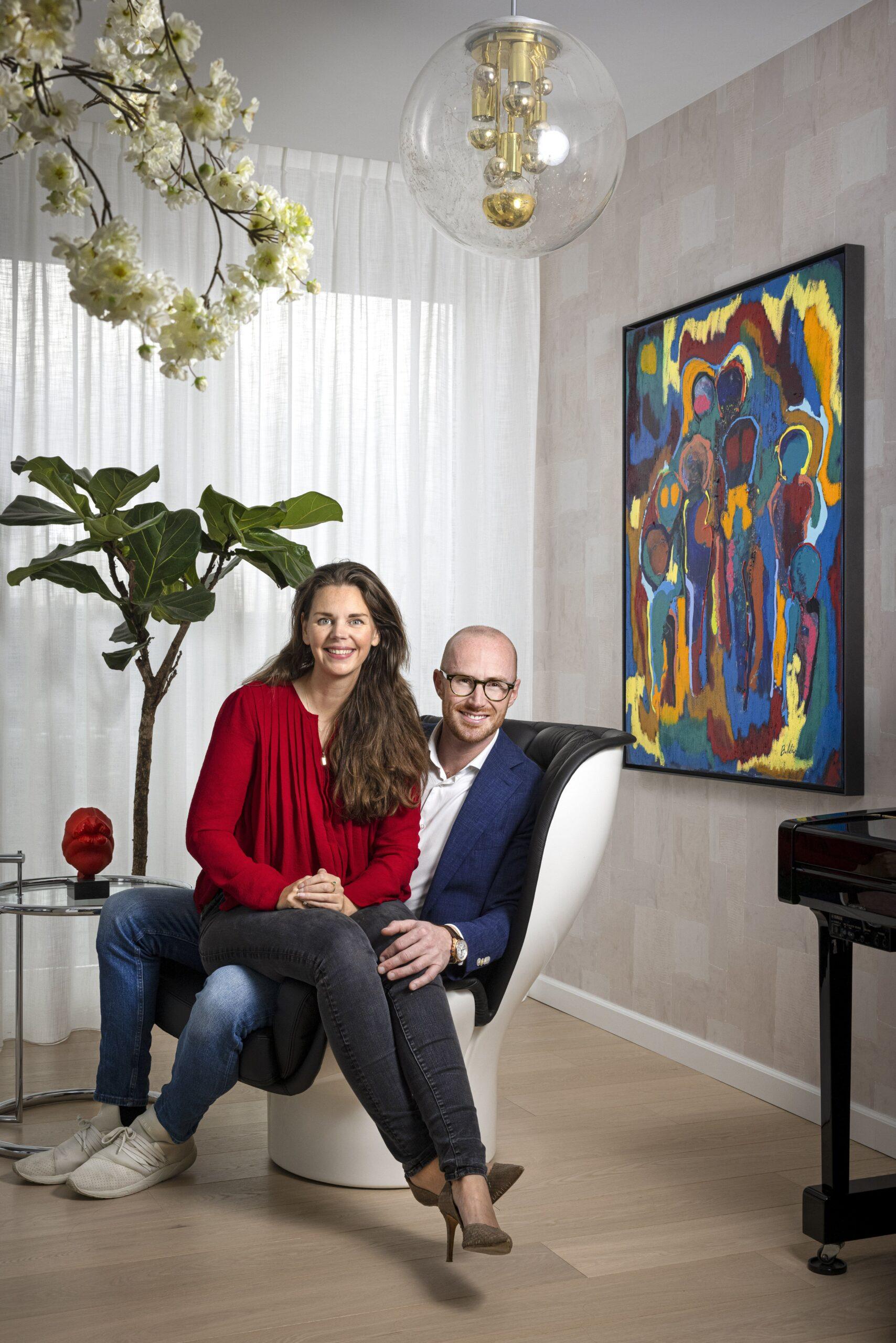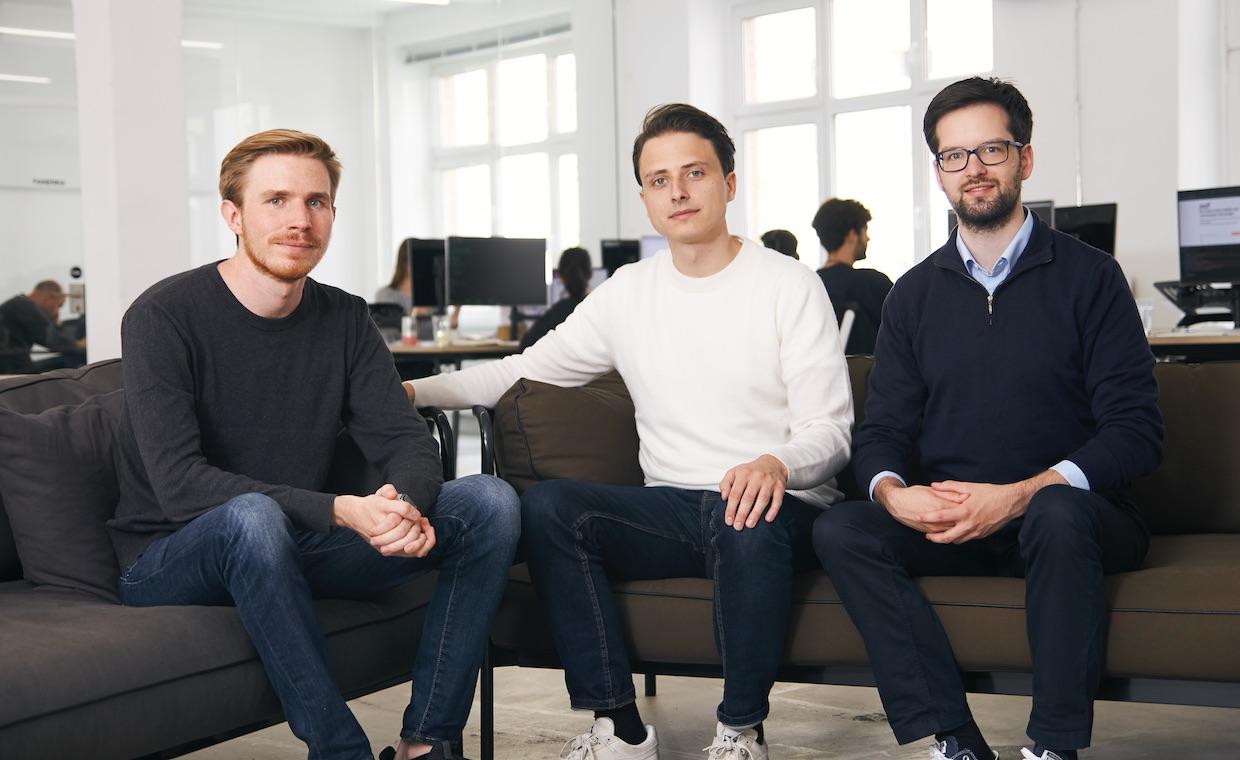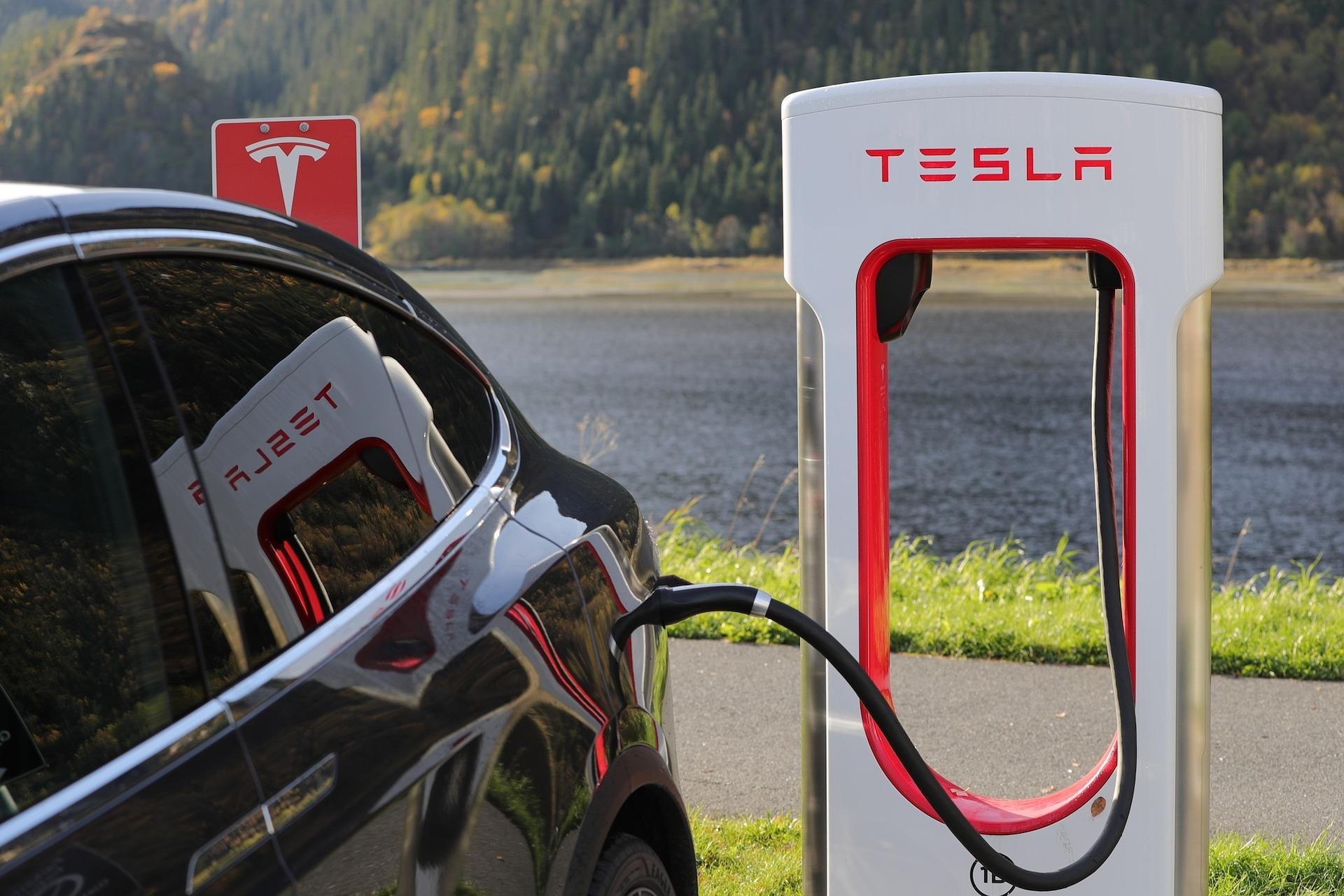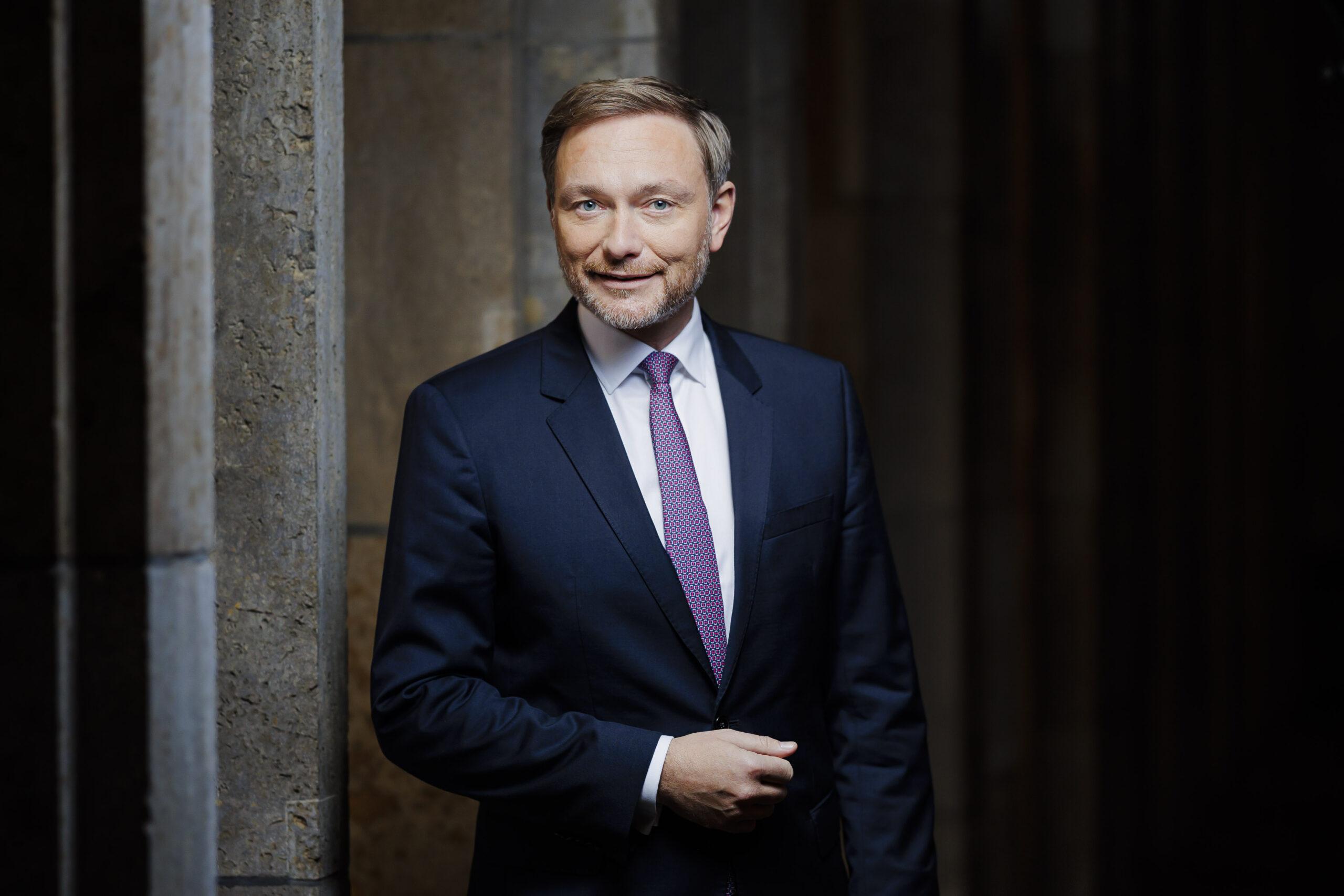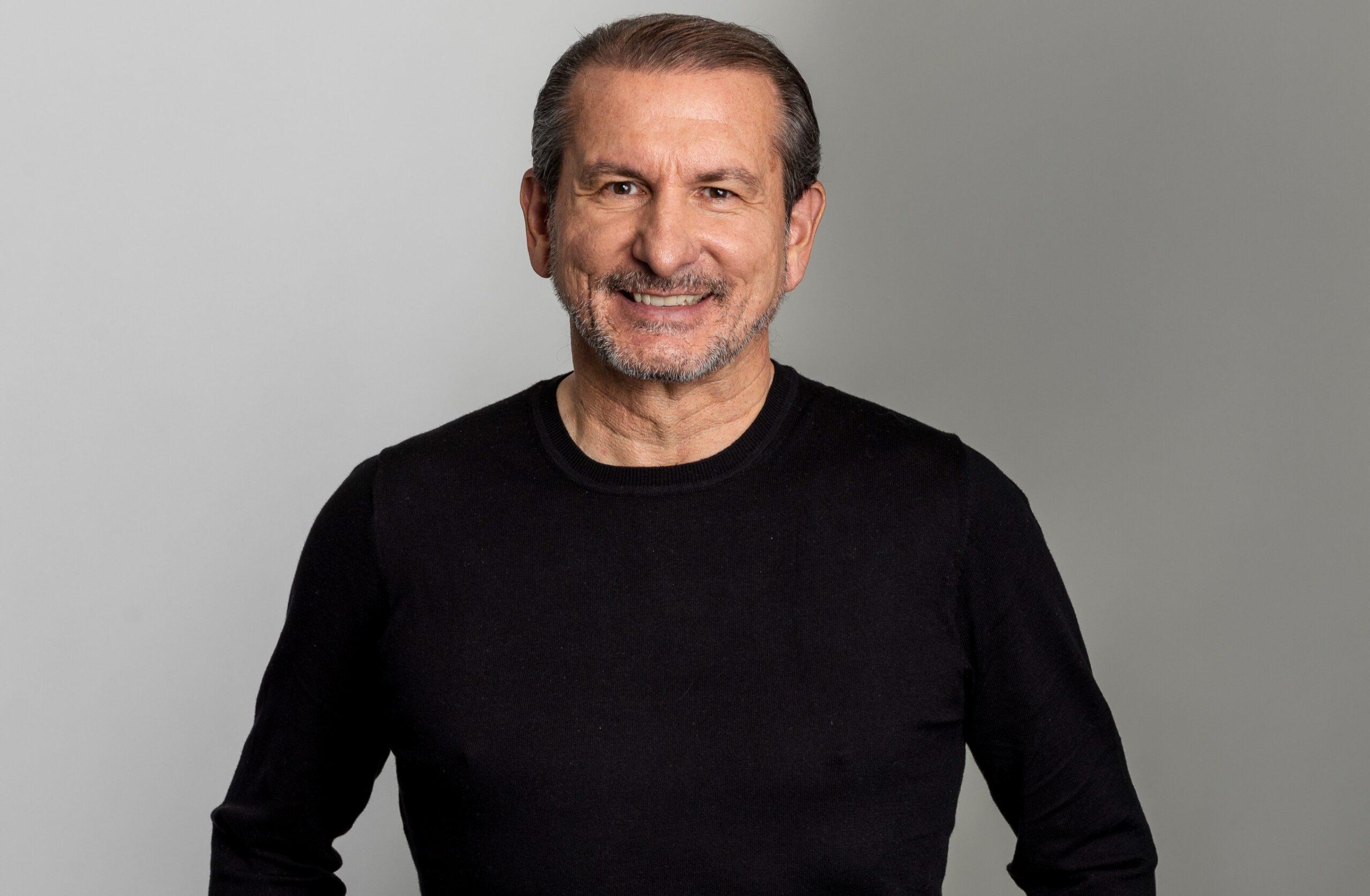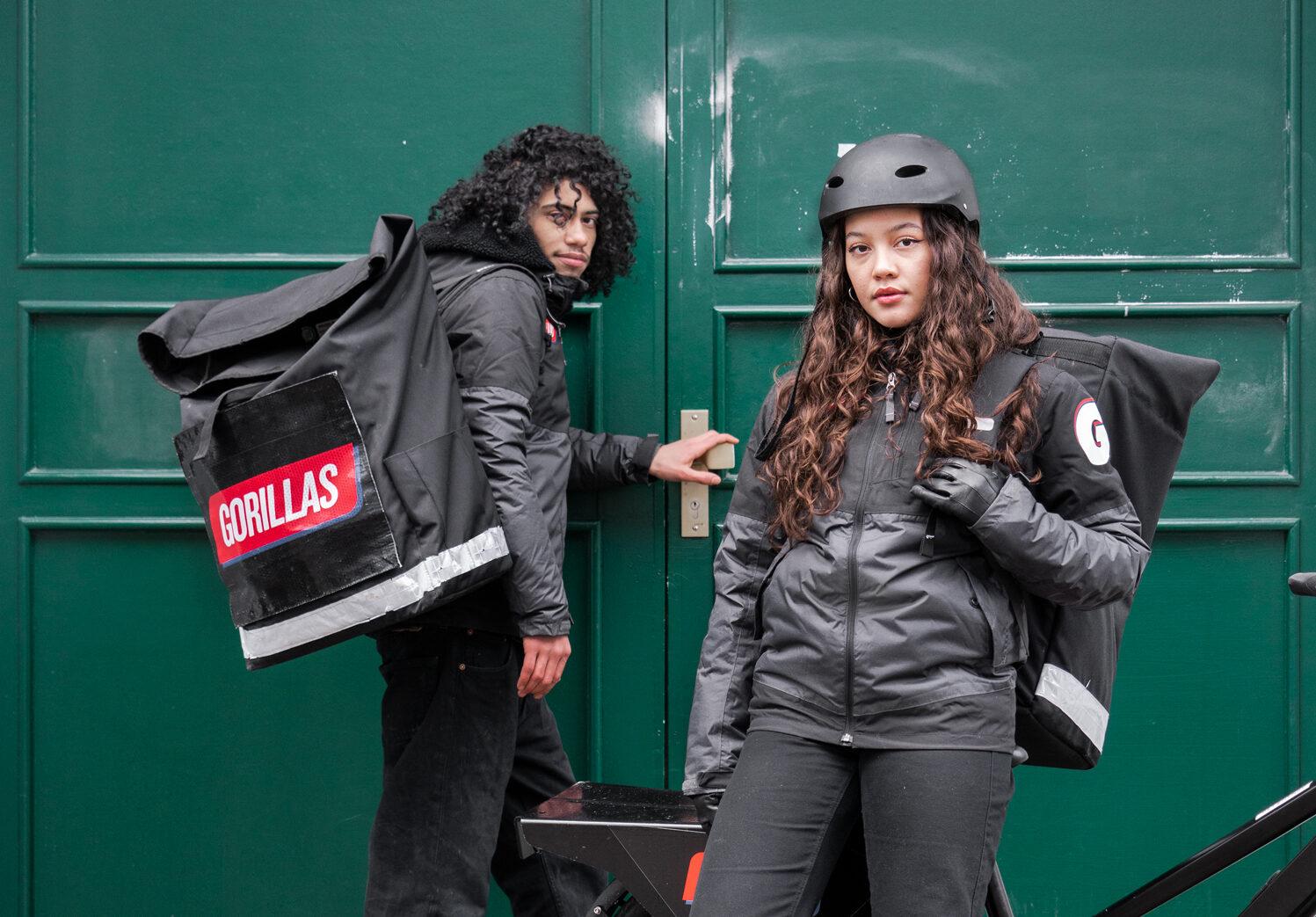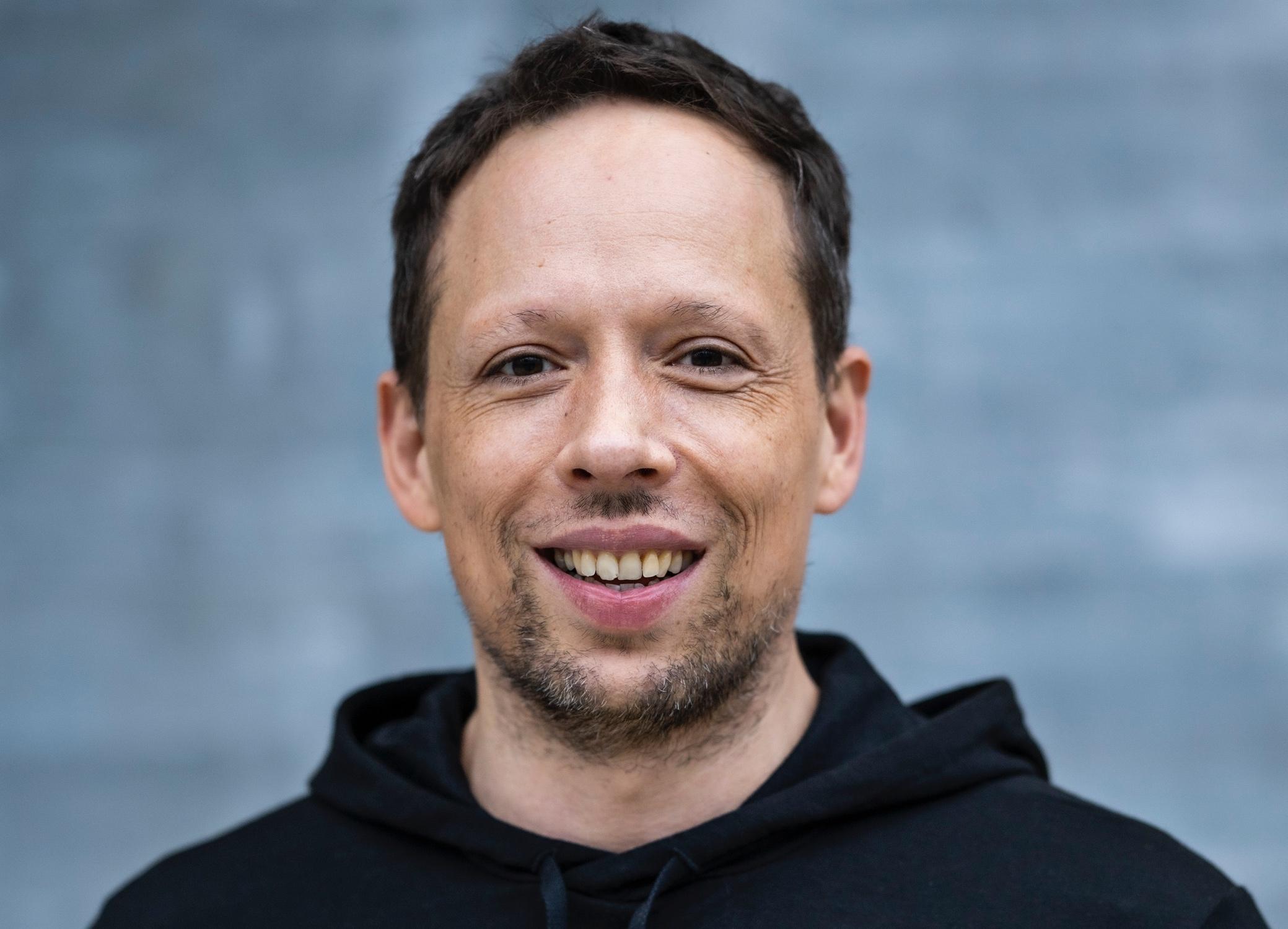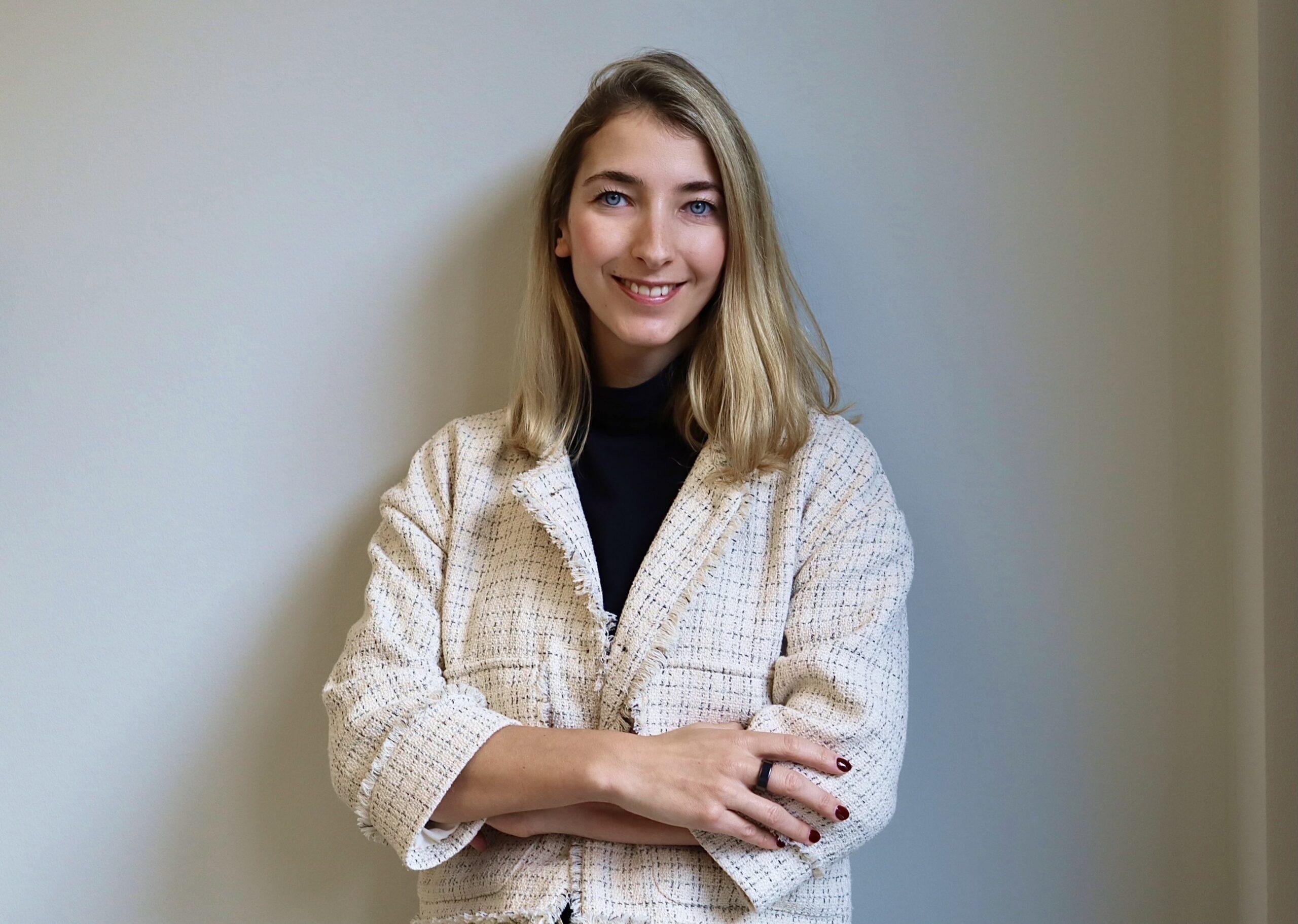"The older I get, the more Bach inspires me"
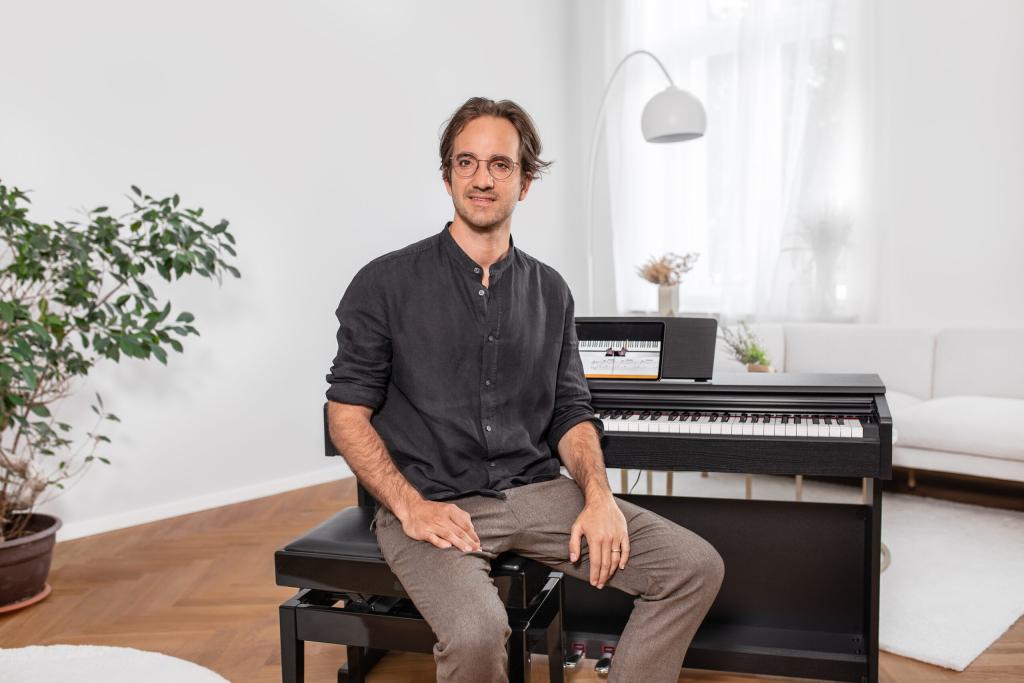
Jonas Gößling is co-founder of the piano learning platform "Flowkey." In this interview, he talks about his first attempts at founding the company, the decision against venture capitalists - and his own music preferences.
Piano lessons are expensive, but learning new pieces on YouTube doesn't work so well either. Flowkey claims to have developed the solution to this problem: An app that recognizes whether the piano student is playing correctly and adapts the difficulty of the piece to their ability. Founded in Berlin in 2014, the company is now internationally successful and cooperates with instrument market leader Yamaha. Flowkey did not receive start-up support from venture capitalists - the founders made a conscious decision not to do so.
Mr. Gößling, you are the co-founder of a learning platform for amateur pianists. Do you play the piano yourself?
I've been playing the piano since I was a child and I just love music. My parents didn't have that much money when I was little. But we were given an old piano by my grandfather and my father was able to play a bit on it. We always sang together and he accompanied us on the piano - and during that time I must have somehow fallen in love with this instrument. So I asked my parents to please let me learn the piano. Since then, music has accompanied me throughout my life.
And you made music your profession by founding Flowkey after your studies. How did you come up with this idea?
I've always dreamed of starting a company. I had already set up my first business in my youth. I had a budgie and parrot breeding business at home.
How did this entrepreneurial adventure turn out?
While I was at school, I went abroad for a year and then I realized: I can't keep doing this forever. But we kept the budgies - the very last one from the breeding program was still alive until recently.
So very long-lived home-bred budgies. But let's get back to learning the piano. How did you come up with the idea for Flowkey?
When I was practising the piano during my studies, I noticed that there wasn't a really good learning program for it, no cool app. At the time, there were only YouTube videos, and learning new pieces with those worked rather averagely. And so I came up with the idea of offering something myself. I met my two co-founders when I was studying industrial engineering. They weren't musicians, but they were still enthusiastic.
I had a puppy parakeet farm at home.
Jonas Gößling
How does the app work?
Depending on how much experience users have, the app displays slightly different things. Beginners are first shown how to do everything, for example how to hold their hands. If you can already play the piano, you can start directly with the songs. The app recognizes whether you are playing them correctly and indicates this.
How can the app recognize whether someone is playing correctly?
The core idea is that the user recognizes whether they are playing correctly. If a piano player is learning with a YouTube video, the video just keeps playing, regardless of whether they are following along well or not. In the worst-case scenario, they will be out of the learning flow at some point. So the idea was to build something that recognizes whether the practitioner is playing along correctly and adapts the video accordingly and to their speed. To build the technology behind it, we brought an audio engineer into the team who had also written his master's thesis on the subject. Together with him, we developed a program for the app and continued to expand it over the years. The technology is now based on neural networks, an artificial intelligence that we have trained with piano recordings.
This technology also convinced Yamaha to cooperate with Flowkey. Every Yamaha piano comes with three free months of Flowkey Premium. How did this collaboration come about?
It was a funny story. We were on Lion's Den about a year after we founded the company. We didn't get any investment, but it was still great for us. The broadcaster thought it would be cool if we also had a piano on stage during the pitch. And so we came up with the idea of working with the world's largest instrument manufacturer. Through a former Yamaha manager we knew, we contacted the German branch and asked if they would be interested in sponsoring the grand piano for the TV appearance. They were immediately enthusiastic and invited us to their headquarters in Hamburg. And that's how this long-term cooperation came about.
You didn't get any other venture capitalists on board after your attempt at the Lion's Den, why not?
We spoke to a few venture capitalists at the beginning and we realized relatively quickly that we didn't really want that. We founded the company to go our own way and be free, we didn't want to work for someone else. The conditions you sign in a contract with venture capitalists contain many stipulations. We wouldn't have been as free afterwards and would have had to make a lot of decisions to please the investor and follow their goals - regardless of whether these goals were also good for the company.
But how did you raise capital instead?
We raised a lot privately, via angel investors we know, for example a professor from the university. And we did crowdfunding, where we raised 300,000 euros within three days. We also applied for various funding programs.
In Germany, "Die fabelhafte Welt der Am'élie" is clearly the most popular.
Jonas Gößling
And that was enough to really grow?
We were very, very frugal with our capital. If you don't get an investment in the millions, you have to get creative in order to survive. In marketing, for example, we quickly found ways to grow and become profitable.
What were these ways?
We decided to cooperate with big piano Youtubers who promoted our app. We worked with a classic affiliate model. This meant that if someone subscribed to Flowkey via the link that the Youtubers posted under their video, they received money. This meant that we only had marketing costs if the advertising was successful. Because many of the Youtubers were internationally known and shoot their videos in English, we also quickly became known abroad, especially in the USA.
What is your users' favorite song?
It varies from country to country. In Germany, it's clearly the soundtrack from "The Fabulous World of Amélie." In the USA, classical music is the most popular category.
And what is your favorite piece to play?
My favorite composer is Frédéric Chopin, I grew up with his works. But the older I get, the more Bach inspires me. So I'm definitely someone who prefers to play classical pieces.
Personal details: Jonas Gößling studied industrial engineering at the Technical University of Berlin and founded Flowkey together with Alexander Heesing and Ahmed Hassan in 2014. The 35-year-old is CEO and responsible for marketing and general corporate strategy.

Newsletter
Startups, stories and stats from the German startup ecosystem straight to your inbox. Subscribe with 2 clicks. Noice.
LinkedIn ConnectFYI: English edition available
Hello my friend, have you been stranded on the German edition of Startbase? At least your browser tells us, that you do not speak German - so maybe you would like to switch to the English edition instead?
FYI: Deutsche Edition verfügbar
Hallo mein Freund, du befindest dich auf der Englischen Edition der Startbase und laut deinem Browser sprichst du eigentlich auch Deutsch. Magst du die Sprache wechseln?



